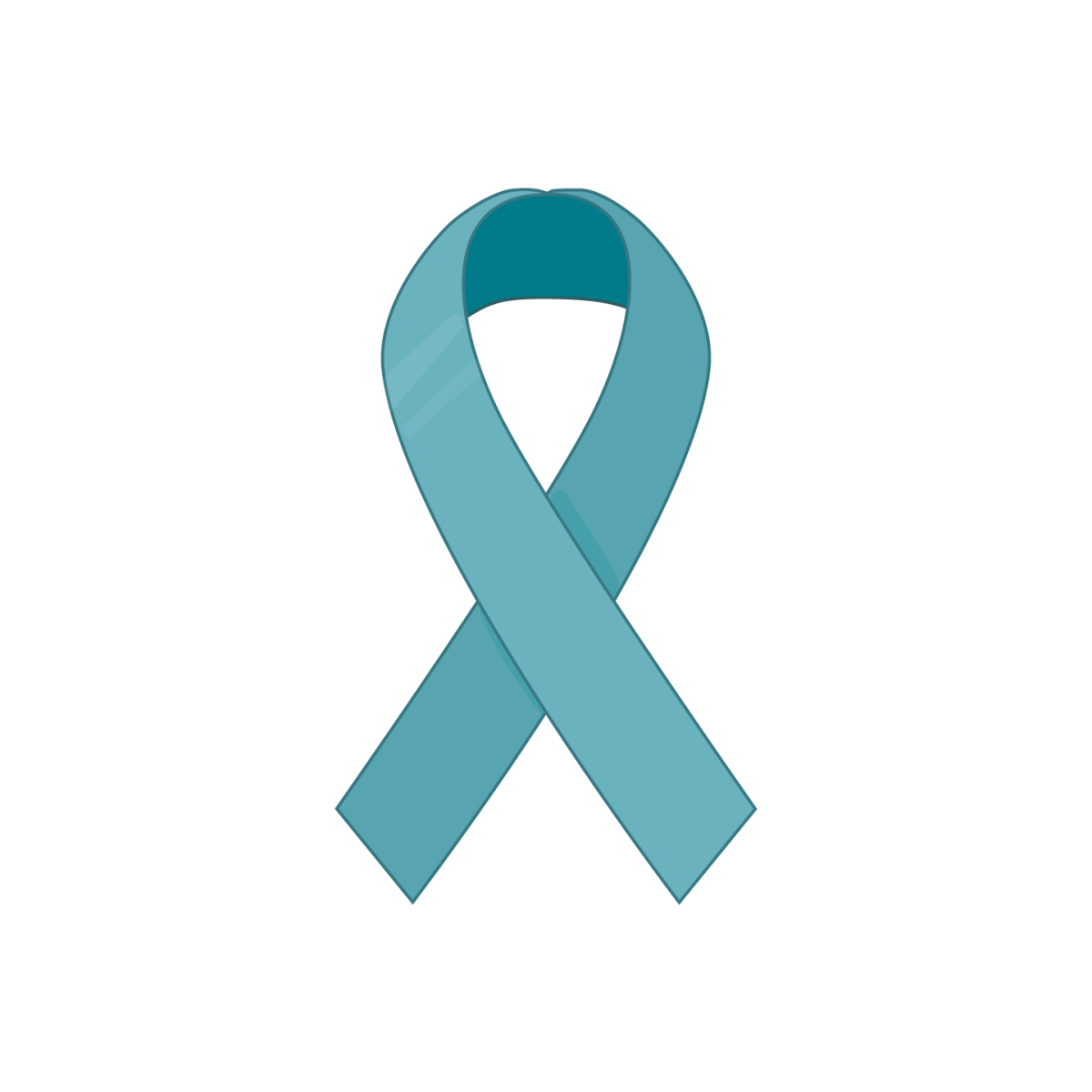Last week, a hacker made the news for uploading hacked photos of Academy Award winner Jennifer Lawrence, as well as a multitude of other stars, to online sources such as 4chan and Reddit. Since that time, the females in question have been reeling, either denying photos attributed to them are real, or by pursuing legal action against the hacker and people that have disseminated the photos to other websites, calling the acts “an outrageous violation of [their] privacy.”
The hack was able to occur due to a loophole within Apple’s iCloud (a metadata device that stores pictures and videos from anyone’s iPhone). An Apple spokesperson stated they are actively investigating the breach. Under normal circumstances, data from someone’s phone cannot be accessed by others, but is stored in the cloud whether the photo is deleted or not. Even more concerning, is the fact storing data on the cloud is a default setting on all iPhones, which many users do not realize.
If you think all of this sounds eerily similar to collections the National Security Agency (NSA) was/is doing, you’re not alone. Nonetheless, Apple and other digital companies have been good about securing that information from both the government and individuals that seek to use the stored information for malicious intent, as was the case here. Many companies hire ‘hackers’ to try to break through their systems, and it can be assured that Apple will improve its security after this break. Nonetheless, such breaks can give many people pause, as one editor stated that some people are incredibly unaware with the implications of recent technological advances in the digital world, and the fine print that inevitably accompanies the new technology.
To be clear, despite media assertions that this was a leak, it was only a hack, as a leak entails someone came forward with photos that came to them from the victim. To be clear, both are illegal.
As another public service announcement, it is illegal and unwarranted to view photos of anyone that did not consent to giving you them. Lena Dunham, creator of the hit show, “Girls”, tweeted: “Remember, when you look at these pictures, you are violating these women again and again. It’s not ok.” Emma Watson also condemned the dissemination of the photos on social media and the accompanying comments, stating, “Even worse than seeing women’s privacy violated on social media is reading the accompanying comments that show such a lack of empathy.” Therefore, those anxiously clicking away trying to get a sight of Jennifer Lawrence’s body are just as culpable in violating her personal privacy as the hacker himself.
Grievous violations of women’s privacy is not a new occurrence, many celebrities, such as Vanessa Hudgens, have seen photos of theirs leaked through social media or porn sites. Another epidemic regarding women’s privacy is the proliferation of ‘revenge porn,’ when a partner disperses photos or videos without the other’s consent, as an act of revenge.
With new technology and ever more ‘dedicated’ hackers seeking to abuse information, it is important to remain vigilant of what one is signing up for, as well as to remain empathetic to the privacy of others. Would you want people you don’t know, and probably don’t like, to look at nudes of you? We didn’t think so.






